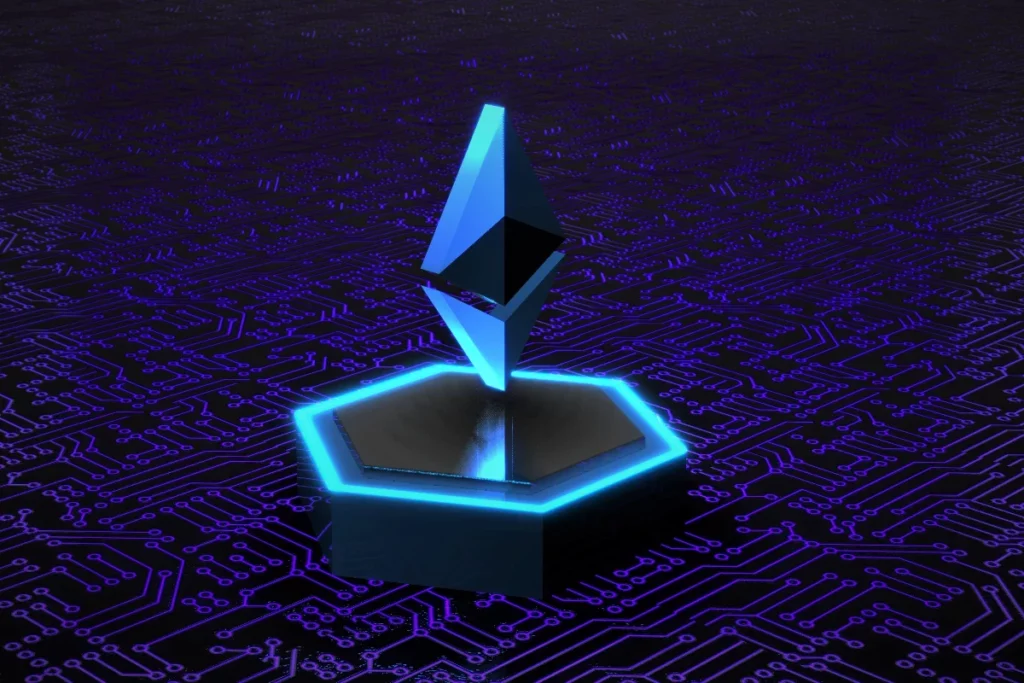- Alex Gluchowski, CEO and co-founder of Matter Labs, has proposed an Ethereum Supreme Court to resolve disputes arising from smart contracts.
- The system would consist of on-chain courts, each with its own governance structure and appeal process.
- The Ethereum Supreme Court would be the ultimate destination for challengers.
- The success of this system depends on a strong social consensus and significant costs.
A groundbreaking proposal has emerged from the mind of Alex Gluchowski, the CEO and co-founder of Matter Labs, which could revolutionize how disputes are settled within the Ethereum network. Gluchowski’s idea, unveiled on September 2nd through a tweet, envisions the creation of an “Ethereum Supreme Court.” This Ethereum-based judicial system draws inspiration from traditional hierarchical courts and aims to become the ultimate authority for resolving disputes arising from smart contracts. In essence, it could eliminate the need for parties to resort to traditional legal processes.

The core purpose behind this proposal is to safeguard Ethereum’s protocols from external political influences, reinforcing its status as a robust and independent network. Gluchowski envisions this concept as a powerful deterrent mechanism. Under this proposed system, disputes and critical updates would be managed through a series of on-chain courts, culminating in the Ethereum layer-1 soft fork aptly named the “Court of Final Appeal.”
Each protocol within Ethereum would have its own governance structure, including standard and emergency upgrade mechanisms. Additionally, a specific contract would be designated to trigger an appeal process. When an emergency protocol upgrade is proposed, users would need to provide a predefined bail deposit during an appeal period, enabling anyone to challenge the decision in a higher court.
The hierarchical nature of these courts would determine the path of appeal, with the Ethereum Supreme Court serving as the ultimate destination for challengers, as reported by Cointelegraph.
Read More: CZ Stands Firm Against Regulatory Scrutiny
However, it’s essential to recognize that the success of this on-chain court system depends on the establishment of a strong social consensus. Furthermore, Gluchowski acknowledges that such a system would come at a significant cost, ensuring that only truly exceptional cases would be brought before it.
Gluchowski also highlights that there are existing solutions for handling disputes within Ethereum. Still, he argues that these solutions are inadequate. For instance, implementing time-locked features in smart contracts may not be practical during emergencies, and introducing a security council, although a partial remedy, carries its own set of risks.
It’s noteworthy that Gluchowski and the team at zkSync, an Ethereum layer 2 scaling solution developed by Matter Labs, express their willingness to provide financial support for further research into this groundbreaking concept. This demonstrates their commitment to exploring innovative ways to enhance Ethereum’s governance and dispute resolution processes.


